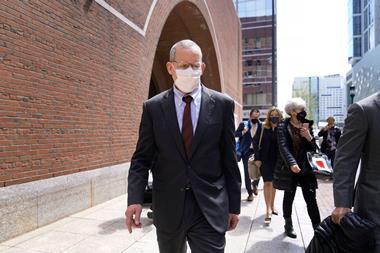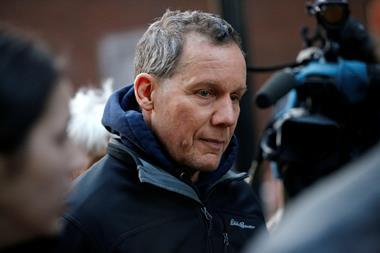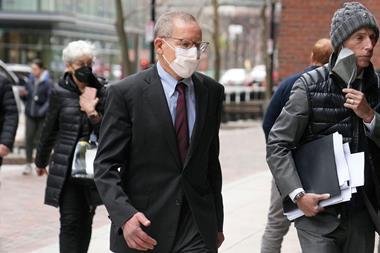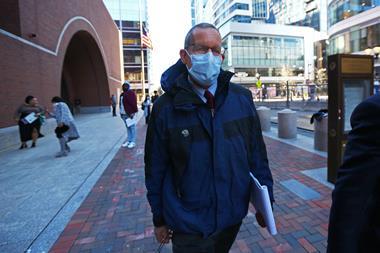Charles Lieber, the former chair of Harvard University’s chemistry department who was convicted of failing to disclose significant Chinese funding, has joined Tsinghua Shenzhen International Graduate School (SIGS) in China. Lieber took up a full-time position as a faculty member at the institute on 28 April.

The nanoscience pioneer was convicted of six criminal charges related to his receipt of millions of dollars in research funding from China in December 2021. He had faced up to 26 years in prison and $1.2 million (£900,000) in fines but avoided prison in April 2023 after being sentenced to time served. Lieber was on paid administrative leave from Harvard following his arrest until his retirement in February 2023.
SIGS has also appointed Lieber as a chair professor, which is the university’s highest faculty honour. The school’s vice president, Wang Hongwei, said that Lieber’s appointment ‘will significantly advance materials science and biomedical engineering development at Tsinghua University and Shenzhen, foster in-depth interdisciplinary collaborations between domestic and international research teams, and support the growth of young scholars into world-class scientists’.
The university’s dean, Ouyang Zheng, stated that Lieber’s participation at the university will ‘advance SIGS’s academic excellence and contribute to the establishment of a world-class scholarly community’.
Lieber said that ‘Shenzhen’s dynamism and innovative spirit’ align ‘perfectly’ with his vision to co-create a global scientific hub there.
Xiaoxing Xi, a Chinese–American physics professor at Temple University who was arrested in 2015 and charged with spying but later vindicated when the US government dropped its case against him, says Lieber is an excellent catch for China. ‘Lieber is one of the brightest minds in nanotechnology, and now he cannot work in the United States,’ he tells Chemistry World. ‘He is not going to be able to find any job in the United States, and now he finds this position in China, and it’s great for China.’
‘Everybody is worried about their funding being cut, or things like that, and I’m sure China is going to give Lieber tons of money, and I’m sure we’re going to see a lot of productivity out of Lieber’s lab,’ Xi adds. He says many scientists in the US, including himself, are nervous because of funding not being awarded and research grants cancelled. One of his grant proposals is up for renewal, and although it was reviewed back in November he says it is still pending.
‘Here in the United States, I have not been doing research as much as I used to, and I know many Chinese scientists who have not been working as much as they used to,’ Xi states. ‘There are all these disclosure rules and this and that, and anywhere if you make the mistake you could be in huge trouble – that’s very debilitating for me in doing my research.’
Update: Xiaoxing Xi’s comment was added on 2 May 2025.

















No comments yet